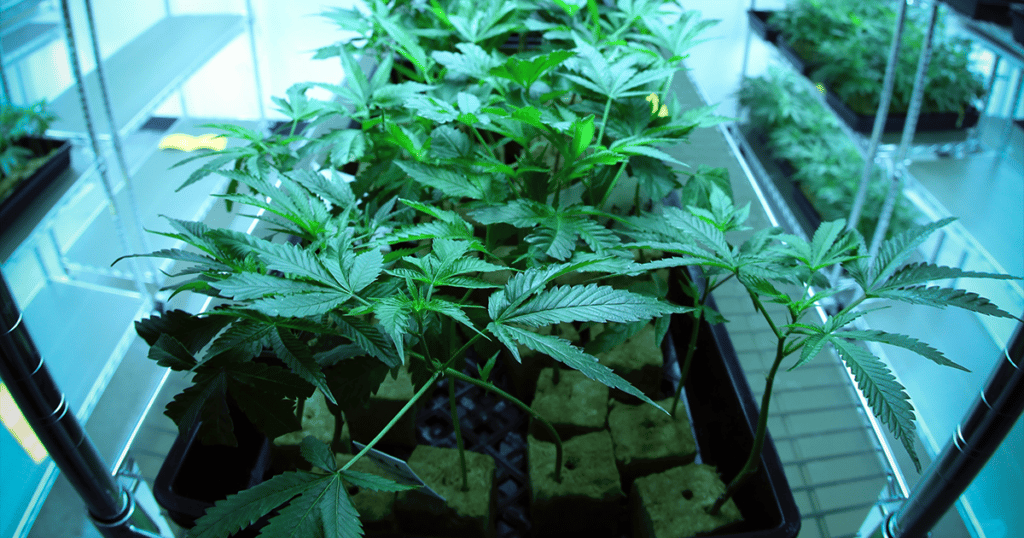The recreational marijuana market in the state of California has been legalized since 2016 and has been rife with corrupt practices and behaviors ever since. With the advent of this legalization, so too has there been a subsequent rise in the wave of corrupt practices between and amongst multiple state and government officials and cannabis companies seeking coveted licenses.
This corruption is largely manifested through bribery and pay-to-play schemes, and has alarmed several lawmakers in California, with none other than State Attorney General Rob Bonta, who has recently been asked to enact a task force to deal with the legality of the process of obtaining legitimate cannabis licensing by these large operators.
According to many “legacy” operators, however, this move, while seeming to be a step in the right direction, likely serves to further corruption. They believe that there has been no room left for operators that would have initially bore the brunt of prosecution pre-legalization to flourish in a system that cannot even effectively operate legally. There is a feeling that they are losing access and control over what they started.
Corruption Is Lucrative
According to a recent Los Angeles Times investigation into this rise in illicit or near-illicit activities in the distribution of marijuana licensing, over a dozen government officials seem to be at the center of this corruption in the legal cannabis market in California.
The investigation revealed just how far large marijuana companies and their subsidiaries are willing to go in order to ascertain and hold lucrative licenses within the state of California. These companies have the capital and political inroads to do as such in order to best profit in this fairly new, multi-billion dollar market of state-legalized marijuana. In fact, many have given these companies the moniker of “corporate cannabis” and they are seen by “legacy” operators as advantageous and exploitative.
Large marijuana companies typically skirt bribery laws by paying officials still in office, who disclose these payments, but are still able to advocate for policies that would benefit them.
However, the LA Times revealed that prosecutors have been able to crack down on these practices through several sting operations involving undercover police making deals with government officials, with the assurance of obtaining licenses. One such agreement involved former Baldwin Park City Councilmember Richard Pacheco and former San Bernardino County planning commissioner Gabriel Chavez working in tandem to solicit bribes, with one admission revealing a $150,000 bribe.
Who Are “Legacy” Operators?
These are the longtime cannabis operators who have many years of experience in every step of the cannabis supply chain, from cultivation to marketing through the pre-legalization era. They are adept at their craft through years of innovation and creativity in the black market when there was no tax revenue.
Many of these operators are from minority backgrounds and have been formerly incarcerated or had run-ins with law enforcement. The gap must be bridged if the state of California wants to see small communities flourish with the increase in jobs and tax revenue.

The Road To Legitimacy
Legacy operators have traditionally been quite wary of taking the step to legitimize themselves by going through the necessary avenues, because there seems to be no proper thoroughfare for the average legacy operator to capitalize on their higher levels of experience and execution in the legalized recreational marijuana industry. The already high price of corruption just to obtain a license, as noted above, is also a deterrent to legacy operators as they simply cannot afford the capital to bribe officials to get the most favorable deal. The system seems geared against them as the regulatory hurdles and additional expenses associated with obtaining marijuana licenses can make it seem nearly impossible to become lawful.
In fact, the industry is still largely dominated by illicit trade, with unregulated operators freely conducting their business without attempting to become legalized in order to keep their loyal and regular customer base. Illicit dealers take this risk of prosecution because of the taxes associated with obtaining a license, as this would undoubtedly send a massive increase up the supply chain and impact their customer base.
Choosing to become legitimate simply does not make sense for many legacy operators, with estimates that they pull in nearly twice as much profit as the legal weed industry.

The corruption, prosecutions, and accusations within the recreational cannabis industry have been duly noted by many in the system, and are heavily tied to the process of obtaining licenses to operate legally within the state of California. It seems par for the course as it is so rampant and involves many state officials.
Focusing on asking legacy operators to reveal themselves and become ingrained in the corruptly ubiquitous nature of obtaining a license seems to be a bit hypocritical, as these policymakers do not yet have a full handle on the overt corruption.
Lawmakers and policymakers have to do better to entice these operators into becoming regulated, through more understanding measures and an understanding of their backgrounds.
Enjoyed that first hit? Come chill with us every week at the Friday Sesh for a freshly packed bowl of the week’s best cannabis news!
- Maryland Leads the Way in Cannabis Pardons, Setting an Example for Much-Needed Cannabis Reform
- Military Construction and Veterans Affairs Bill Amendments Could Change Medical Marijuana and MDMA-Assisted Therapy Options for Veterans
- Thailand’s U-Turn on Recreational Cannabis Use
- Chicago Police Department Revises Policy on Searches Based Solely on Marijuana Odor
- Ohio’s Senate Bill 56 Postponed, Leaving Details of Issue 2 Still Unresolved
- Sports Stars and Well Known Entertainers Join Forces Calling on Trump for Cannabis Reform















One Response